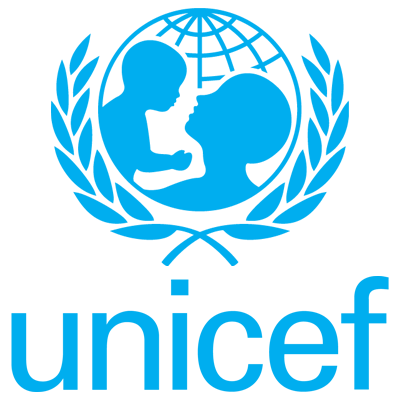On International Women’s Day (IWD), it is important to remember that the fight for gender equality is not over. While progress has certainly been made in recent years, there are still many challenges that girls and women face around the world.
Unfortunately, girls’ rights are under threat worldwide, this is according to the United Nations Children’s Fund (UNICEF). The UN agency reveals that adolescent girls’ rights worldwide remain under threat, with millions of girls around the world being denied access to education, forced into marriage at young ages, and subjected to Gender-Based Violence (GBV).
Speaking at a Media Dialogue held to mark this year’s IWD in Gombe, the Chief of Field Office, UNICEF Bauchi Field Office, Dr.Tushar Rane stated that in the face of the ongoing global economic crisis, political turmoil, and humanitarian emergencies, adolescent girls are often overlooked, exploited, or placed in precarious situations.
Rane spoke to participants at the Media dialogue which drew journalists and health workers from the five states of Adamawa, Bauchi, Gombe, Taraba, and Plateau under the Bauchi Field Office. He stated that the two-day media dialogue, themed Invest in Women, Accelerate Progress, is to honor the achievements of women and promote women’s rights worldwide.
He said, “Adolescent girls’ rights worldwide are under threat, with progress on key issues either stagnating or regressing on a global scale. Shockingly, one in seven girls in developing countries is married before reaching the age of 15. Moreover, adolescent girls continue to face elevated risks of sexual violence. If present trajectories persist, the number of girls and women living in extreme poverty in sub-Saharan Africa is projected to increase by 2030”.
“Nearly half of adolescent girls in UNICEF program countries suffer from anemia and lack access to essential health and nutrition services in the event of pregnancy. Investing in the health, rights, and well-being of adolescent girls generates a transformative ripple effect that uplifts entire nations. By providing adolescent girls with the necessary support, access, and opportunities to realize their potential, we enable them to become formidable agents of change,” Rane stated.
He further disclosed that empowered girls can play a crucial role in tackling some of the most pressing global challenges, such as climate change, poverty, and conflict. “Their contributions pave the way for inclusive and sustainable development, shaping a brighter future for generations to come. Let us together push for a world, characterized by equity and inclusivity, where girls and boys are empowered to access and benefit from the same rights, resources, opportunities, and protections, fostering a society where every person can thrive.
He stressed that ensuring gender equality and promoting women’s well-being in all facets of life is paramount for building prosperous economies and fostering a healthy planet. “The International Women’s Day serves as a powerful reminder of the progress we’ve made and the work that still lies ahead. It’s a day to honor the trailblazing women who have paved the way for future generations, a day to recognize the invaluable contributions of women in every sphere of society, from politics and business to science, arts, and beyond.
“Specifically, here today, we gather to learn of the remarkable achievements of community-based women in the health sector in our field office states – Bauchi, Gombe, and Taraba through the mama2mama initiative. Women often act as health advocates and educators within their communities, raising awareness about health issues and encouraging community members to seek healthcare when needed.
“Endowed with the right knowledge, women can effectively lead or participate in community health initiatives, such as vaccination campaigns. Their involvement fosters community cohesion and increases the effectiveness of health interventions. The investment in women through the mama2mama initiative, including strengthening women’s knowledge of community health systems has contributed to positive health outcomes in these states,” the UNICEF official said. (Sun)
